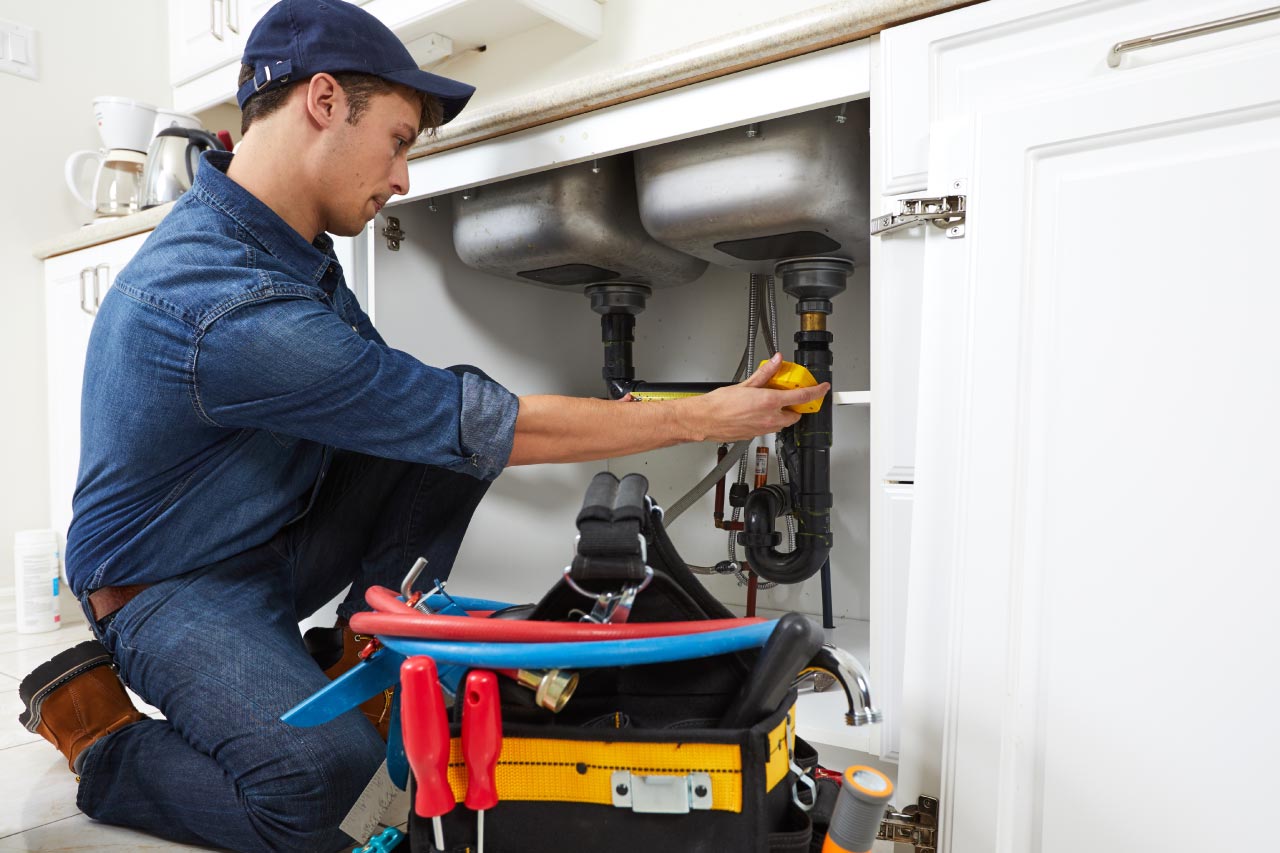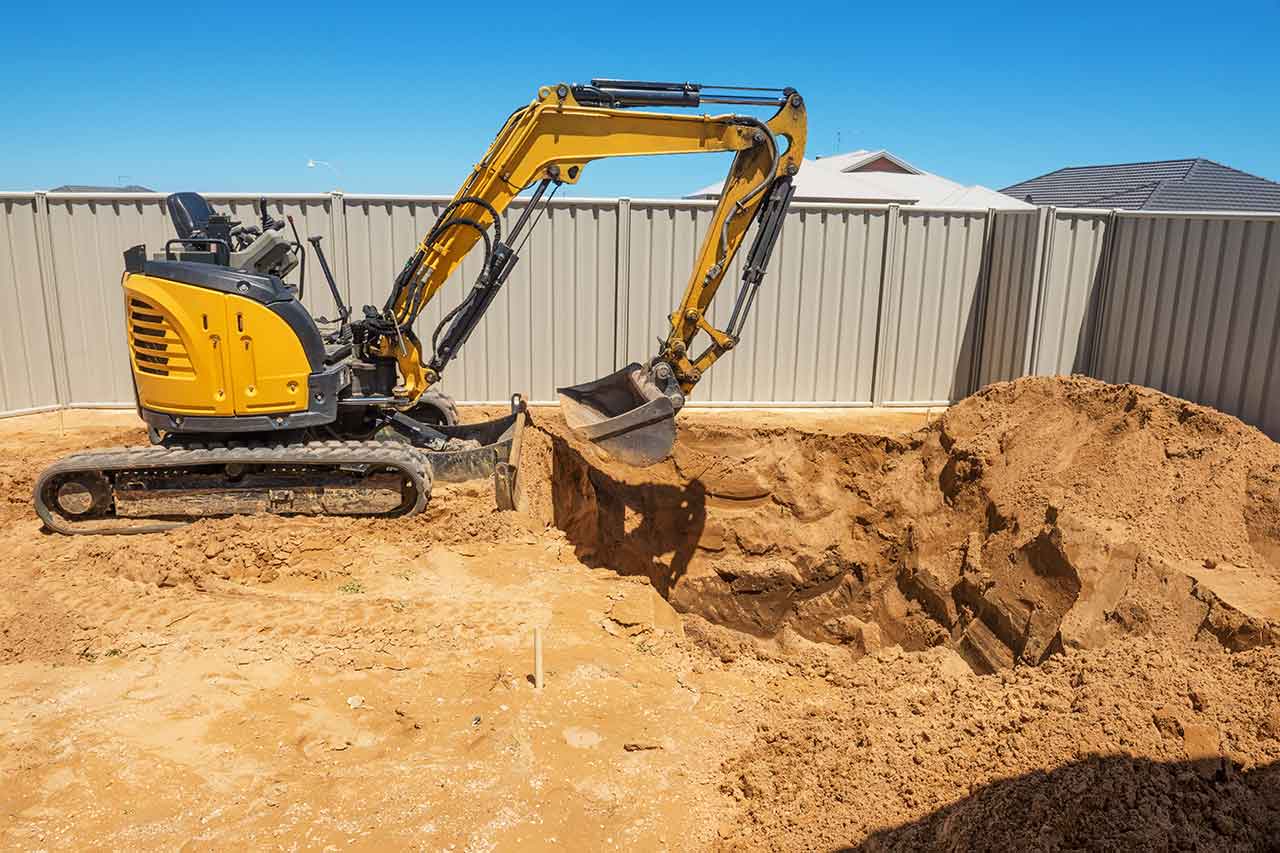
Explore how factors such as materials, local labor rates, and the type of damage affect the cost to repair a burst pipe.
A plumbing inspection costs an average of $300


A plumbing inspection costs between $100 and $1,375, with an average cost of $300.
Cost factors include the type of inspection, home size, and any potential repairs that stem from the inspection.
Visual inspections are less expensive but may miss hidden problems; camera inspections cost more but provide detailed insights.
Hiring a professional plumber ensures a thorough inspection of all your plumbing components and expertise on recommended repairs.
This article was updated using automation technology and thoroughly reviewed for accuracy by HomeAdvisor Editor Ryan Noonan.
On average, a plumbing inspection ranges from $100 and $500, depending on the type and extent of the inspection. Most homeowners spend an average of around $300 on plumbing inspections. Factors influencing the cost include your location, the size and age of your home, and the quality of the plumbing system. Regular inspections are important for preventing small plumbing issues from becoming serious ones, so it's essential to budget for this project and hire a professional.
The cost of a plumbing inspection depends on several factors, including the reason for the inspection. If you need an inspection due to an emergency, you'll typically pay more because of the immediate assistance required and any necessary repairs. These are the main factors that inform your total plumbing inspection cost.
Larger homes have more plumbing than smaller homes. The longer it takes a licensed plumber to visually inspect your pipes and plumbing fixtures, the more you’ll pay.
The hourly rate to hire a local plumbing professional is between $45 and $200. The size of your home, the age of your plumbing system, and the reason for your inspection request will inform how long your inspection will take, but the average duration is two to three hours.. Keep in mind that any necessary repairs will extend the length of the job.
If you need an urgent plumbing inspection due to an emergency like an overflowing toilet or an unexpected leak, expect to pay additional fees. Emergency service calls often include a trip fee of $150 to $300, and some plumbers may increase their hourly rates for after-hours visits.
Jeff Botelho, a plumber and Expert Review Board member, notes, "Many plumbers have a minimum block of time for service calls. If their after-hours rate is double or triple their normal rate, you could incur some steep fees." Scheduling your inspection during regular business hours can help you avoid these extra costs.
Plumbers offer different types of inspections to suit your needs: visual inspections, camera inspections, and combination inspections. Each type of inspection comes with its own costs and advantages.
A visual inspection costs $100 to $200. During this inspection, a plumber checks all your plumbing fixtures and pipes—including bathtubs, sinks, toilets, showers, dishwashers, washing machines, outdoor spigots, and water heaters—for leaks, corrosion, and other issues. They'll also test your water pressure and ensure your fixtures drain properly. Afterward, you'll receive a report summarizing any findings and recommended next steps, like drain cleaning or fixture repairs.
The average cost of a sewer camera inspection is $250 to $1,175 and involves your plumber feeding a high-resolution camera through your plumbing pipes. As the camera moves through the pipes, the plumber receives real-time images. This allows them to spot issues like cracks, blockages, or tree root intrusions and pinpoint their exact location for repairs.
After the sewer line inspection, your local sewer camera inspector will generate a report detailing any issues found. The plumber may also include a digital copy of the camera inspection for your review.
A combination inspection, costing between $350 to $1,375, includes both visual and camera inspections for a comprehensive evaluation of your plumbing system. Your plumber might suggest this option if you're buying or selling a home, haven't had an inspection in a while, or are dealing with a plumbing issue that requires detailed investigation.
Plumbing inspection costs include the inspection only, not the additional services you might need as a result of the assessment, such as cleaning or repairs. Here are the average costs to repair plumbing issues your inspection may uncover:
| Repair Type | Average Cost |
|---|---|
| Water heater repair | $550 |
| Water heater replacement | $1,275 |
| Leaky pipe repair | $250 |
| Drain pipe replacement | $700 |
| Clogged drain | $200 |
| Toilet repair | $220 |
| Sewer line cleaning | $300 |
| Sewer line replacement | $3,000 |
| Septic tank repair | $1,780 |
Performing simple plumbing checks yourself won't cost you more than your time and effort. However, for tasks like snaking a pipe or doing a sewer camera inspection, you'll need to invest in equipment. A basic drain snake can handle small clogs, but larger blockages might require a more powerful (and expensive) auger. If you plan to inspect your sewer line with a camera, renting one costs around $200 per day. While this might be cheaper upfront, you'll need to learn how to use the equipment and interpret the results, which can be challenging and potentially expose you to sewer gases.
Ultimately, while DIY inspections can save money initially, you can miss issues that a professional would catch. Since plumbing inspections aim to spot problems early before repair or replacement costs escalate, hiring a pro ensures a thorough evaluation. Hire a professional plumber to ensure your plumbing system is properly inspected and any repairs are addressed quickly and expertly.
No place is more important than your home, which is why HomeAdvisor connects homeowners with local pros to transform their houses into homes they love. To help homeowners prepare for their next project, HomeAdvisor provides readers with accurate cost data and follows strict editorial guidelines. After a project is complete, we survey real customers about the costs to develop the pricing data you see, so you can make the best decisions for you and your home. We pair this data with research from reputable sources, including the U.S. Bureau of Labor Statistics, academic journals, market studies, and interviews with industry experts—all to ensure our prices reflect real-world projects.
From average costs to expert advice, get all the answers you need to get your job done.

Explore how factors such as materials, local labor rates, and the type of damage affect the cost to repair a burst pipe.

Compare pool cover costs from basic solar and winter covers to high-end automatic systems for added convenience and maximum safety for your pets and family.

Budget for pool excavation costs based on factors such as pool size, accessibility, professional labor, ground material, time of year, and more.

Use this guide to budget for the cost of a plumber based on factors like labor rates, experience levels, repair type, job complexity, and more.

Budget for saltwater pool costs based on factors including pool size, materials, labor, location, site preparation, potential upgrades, and more.